I often try to imagine what life was like in the early Church, in the first century, a Church still struggling to understand what it was meant to be, to become. My field of studies is the medieval Church, though that’s not where I go in my imagination—with its schisms and crusades and infighting, it’s not always a pleasant place to be! But the beginning, when everything was fresh and new and immediate and simple… that’s a place I like to visit.
Simple. There’s a word that the Church seems to have subsequently forgotten, right? But imagine for a moment what it was like in those times after the Spirit descended at Pentecost and the disciples formed house churches, modeling as they did Jesus’ own strategy when he sent his followers out into the places people live.
Throughout the book of Acts, every mention of a local Church or Church meeting, whether for worship or fellowship, is a reference to a Church meeting in a home. That’s easy for us to forget, with our pews and our stained glass and our organs. Most scholars agree that the early house Churches were rarely comprised of more than 15 or 20 people. (As many as 90 percent of townspeople lived in apartments—one or two rooms above or behind shops. Most apartments shared a public courtyard with adjoining units, and families cooked in the courtyards. Life happened in front of the neighbors. In first-world countries, it’s hard to imagine what the early Church experienced.)
So it was simple. In these dining-area courtyards, Christians assembled: to reenact the Eucharist, to pray, to plan evangelization, to teach, to baptize.
What distinguished them from us, their descendants, so many centuries later is, I think, their closeness to Jesus. Not everyone in these first small communities had known Jesus when he was alive, but some had. Others had parents or cousins or friends who had. His words were still fresh in their minds; theology hadn’t stepped in to distance them from what he had to say to them, from what he gave his infant Church.
What he gave them is what we read in today’s Gospel from St. Matthew, the practices known as the “three pillars” of the Church: prayer, fasting, and charity.
There’s a reason they’re known as pillars. According to the dictionary, a pillar is “a person or thing regarded as reliably providing essential support for something.” Essential support. What the structure needs to stay intact.
What does the Church need to stay intact?
Jesus doesn’t simply gift his people with three pillars that will keep them strong and on the right path. He tells them very specifically how those pillars are to be used. When you give alms, he says, don’t make a big deal of it. Help people quietly; they’ll know, and so will God. You don’t need a street named after you or a civic award presented at a formal ceremony.
When you pray, he continues, don’t make a big deal of it. Be quiet; be private. Don’t try to attract attention to your prayers; they’re not performance art.
And when you fast, he concludes, don’t make a big deal of it. Don’t call attention to yourself, don’t try to be holier-than-thou. God knows when you fast; and that’s pretty much the whole point of doing it, right?
You’ll notice that he isn’t saying “if you pray… if you give alms… if you fast.” These pillars of faith he’s gifting to the early Church are in fact a blueprint for how they are to live together in community. He is assuming that this is what his followers will do. He’s not concerned in telling them to pray, fast, and give alms: of course they’ll do those things! What he wants is for his followers, his new Church, to be very clear about its relationship to God and its relationship to the world. You do these things for closeness to the Trinity, not for societal approbation and rewards.
The Gospels have always struck me as keeping things pretty simple. Love God, and love your neighbor as yourself. Clothe the naked; feed the hungry; give to the poor. Pray always. Fast and give alms.
We live in a different world, of course. In a world where we don’t worship in each other’s homes. In a world of such staggering inequality that it’s difficult to see how almsgiving could change anything. In a world where our prayers often go unanswered. In a world where the Church’s requirements for fasting are hardly an inconvenience. We might yearn for a simpler time.
Yet we could keep it simple, if we tried. If we read Jesus’ words and applied them rigorously to our own lives and comportment and thought and faith. It wouldn’t be easy, but it could be…. Simple.
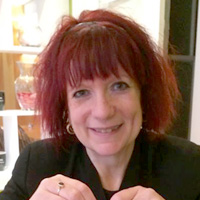 Jeannette de Beauvoir is a writer and editor with the digital department of Pauline Books & Media, working on projects as disparate as newsletters, book clubs, ebooks, and retreats that support the apostolate of the Daughters of St. Paul at http://www.pauline.org.
Jeannette de Beauvoir is a writer and editor with the digital department of Pauline Books & Media, working on projects as disparate as newsletters, book clubs, ebooks, and retreats that support the apostolate of the Daughters of St. Paul at http://www.pauline.org.
Feature Image Credit: Sindy Mar, https://www.cathopic.com/photo/12808-contemplacion-comunidad
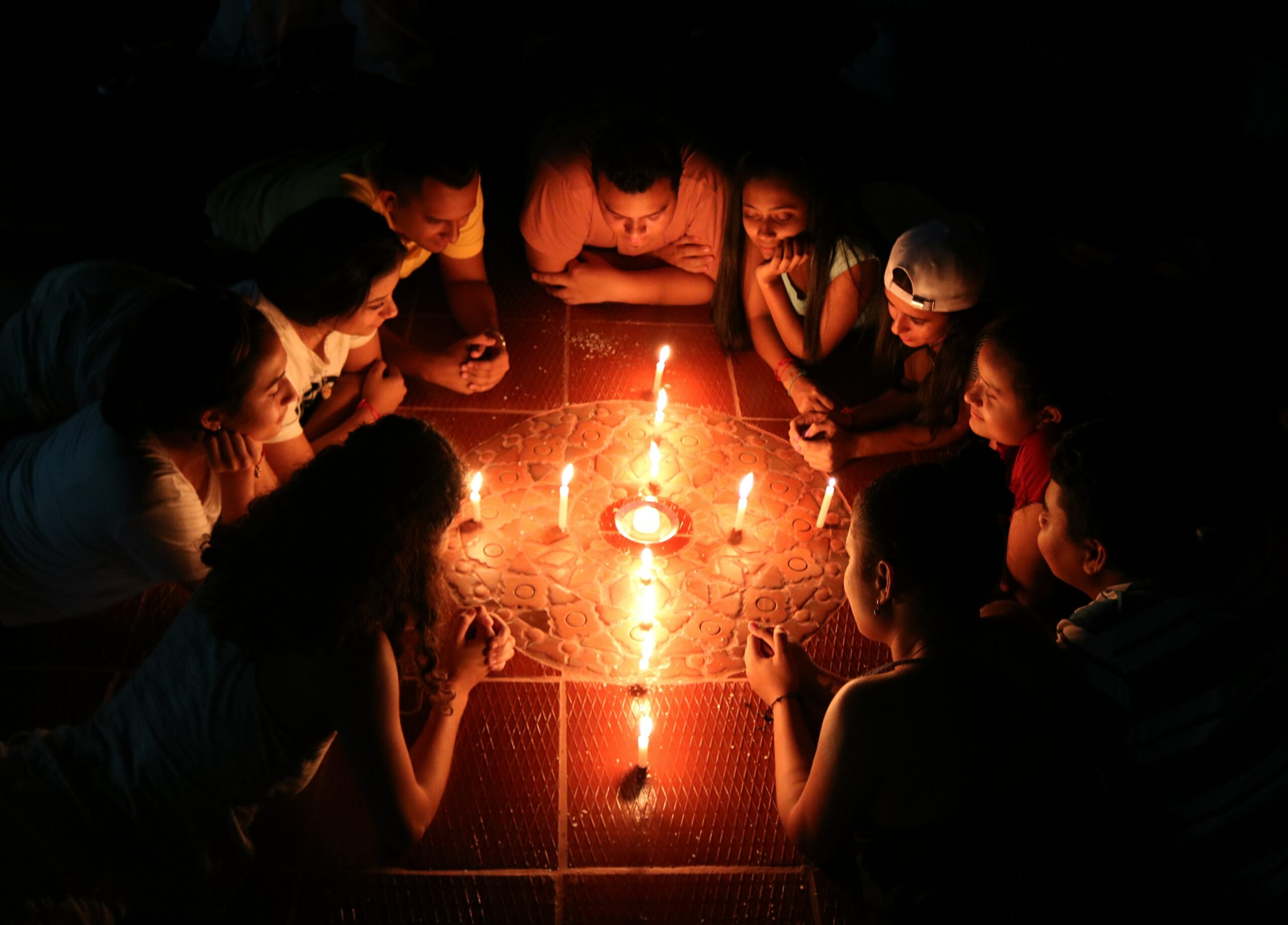

 Tami Urcia grew up in Western Michigan, a middle child in a large Catholic family. She spent early young adulthood as a missionary in Mexico, studying theology and philosophy, then worked and traveled extensively before finishing her Bachelor’s Degree in Western Kentucky. She loves tackling home improvement projects, finding fun ways to keep her four boys occupied, quiet conversation with the hubby and finding unique ways to love. She works at her parish, is a guest blogger on
Tami Urcia grew up in Western Michigan, a middle child in a large Catholic family. She spent early young adulthood as a missionary in Mexico, studying theology and philosophy, then worked and traveled extensively before finishing her Bachelor’s Degree in Western Kentucky. She loves tackling home improvement projects, finding fun ways to keep her four boys occupied, quiet conversation with the hubby and finding unique ways to love. She works at her parish, is a guest blogger on 


 Dakota currently lives in Denver, CO and teaches English Language Development and Spanish to high schoolers. She is married to the love of her life, Ralph. In her spare time, she reads, goes to breweries, and watches baseball. Dakota’s favorite saints are St. John Paul II (how could it not be?) and St. José Luis Sánchez del Río. She is passionate about her faith and considers herself blessed at any opportunity to share that faith with others. Check out more of her writing at
Dakota currently lives in Denver, CO and teaches English Language Development and Spanish to high schoolers. She is married to the love of her life, Ralph. In her spare time, she reads, goes to breweries, and watches baseball. Dakota’s favorite saints are St. John Paul II (how could it not be?) and St. José Luis Sánchez del Río. She is passionate about her faith and considers herself blessed at any opportunity to share that faith with others. Check out more of her writing at 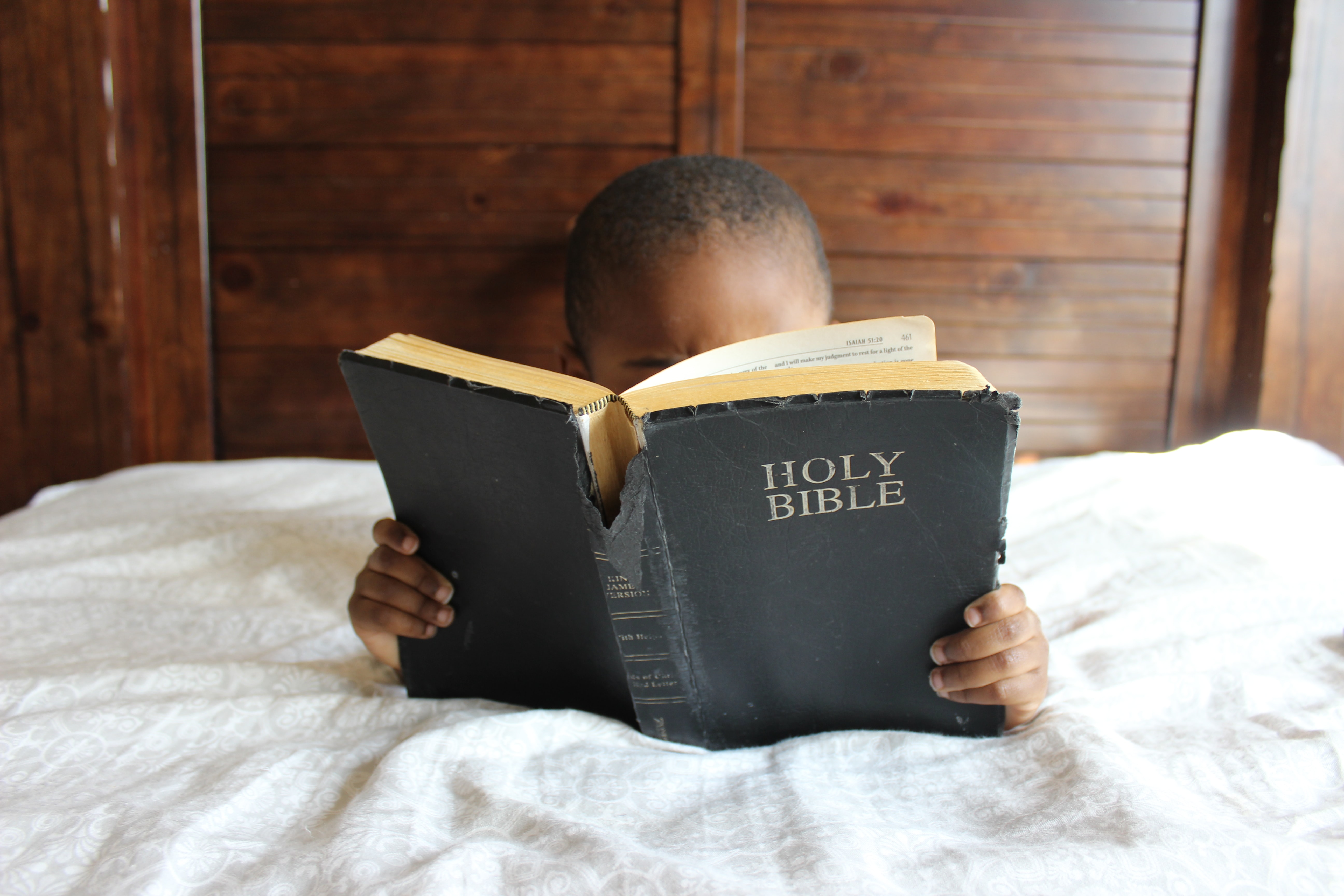

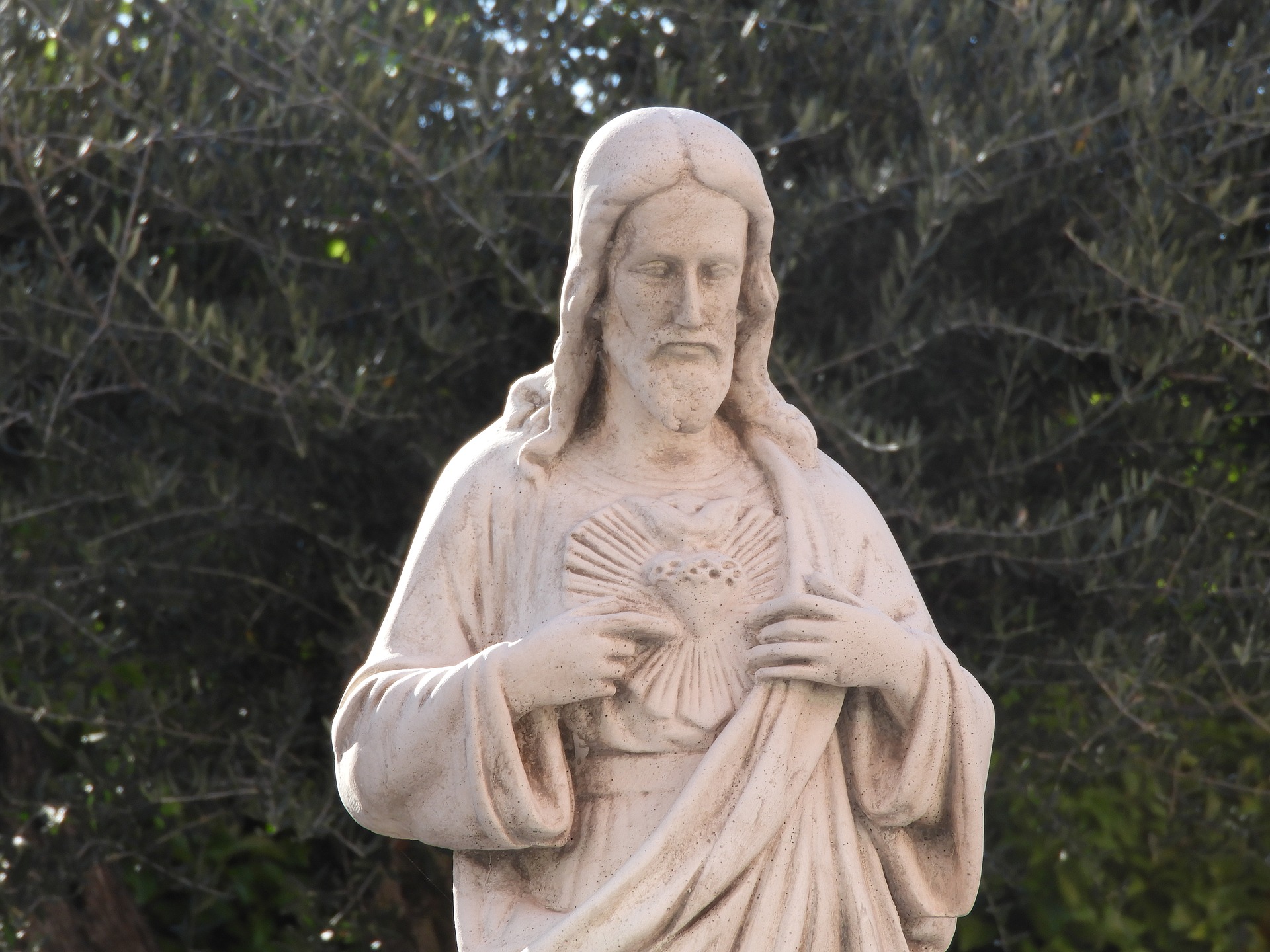

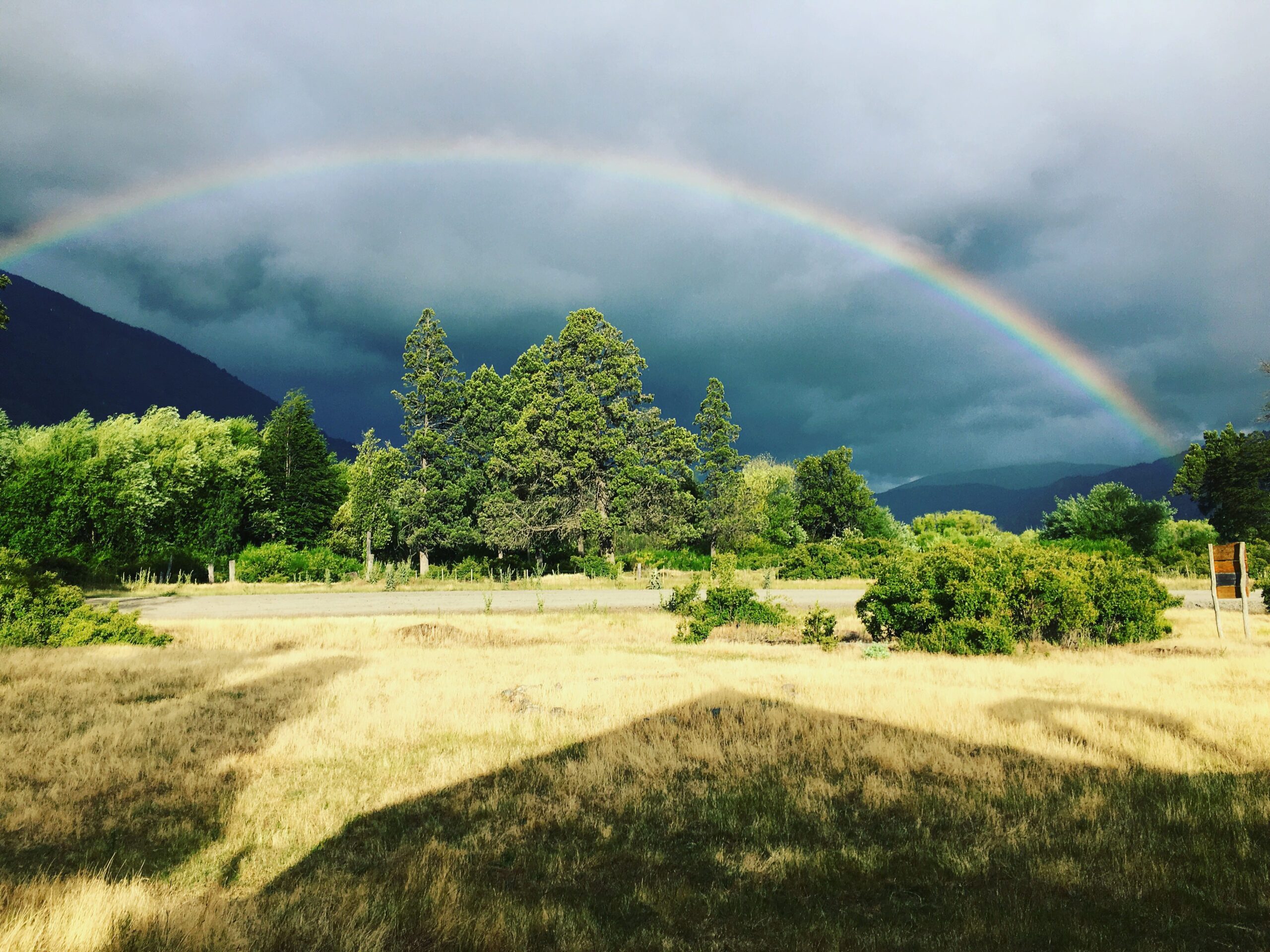
 Susan Ciancio has a BA in psychology and a BA in sociology from the University of Notre Dame, with an MA in liberal studies from Indiana University. For the past 17 years, she has worked as a professional editor and writer, editing both fiction and nonfiction books, magazine articles, blogs, educational lessons, professional materials and website content. Eleven of those years have been in the pro-life sector. Currently Susan freelances and writes weekly for HLI, edits for American Life League, and is the editor of Celebrate Life Magazine. She also serves as executive editor for the Culture of Life Studies Program-an educational nonprofit program for K-12 students.
Susan Ciancio has a BA in psychology and a BA in sociology from the University of Notre Dame, with an MA in liberal studies from Indiana University. For the past 17 years, she has worked as a professional editor and writer, editing both fiction and nonfiction books, magazine articles, blogs, educational lessons, professional materials and website content. Eleven of those years have been in the pro-life sector. Currently Susan freelances and writes weekly for HLI, edits for American Life League, and is the editor of Celebrate Life Magazine. She also serves as executive editor for the Culture of Life Studies Program-an educational nonprofit program for K-12 students.
 Kathryn James Hermes, FSP, is the author of the newly released title
Kathryn James Hermes, FSP, is the author of the newly released title
 Emily Jaminet is a Catholic author, speaker, radio personality, wife, and mother of seven children. She earned a bachelor’s degree in mental health and human services from the Franciscan University of Steubenville. She is the co-founder of
Emily Jaminet is a Catholic author, speaker, radio personality, wife, and mother of seven children. She earned a bachelor’s degree in mental health and human services from the Franciscan University of Steubenville. She is the co-founder of 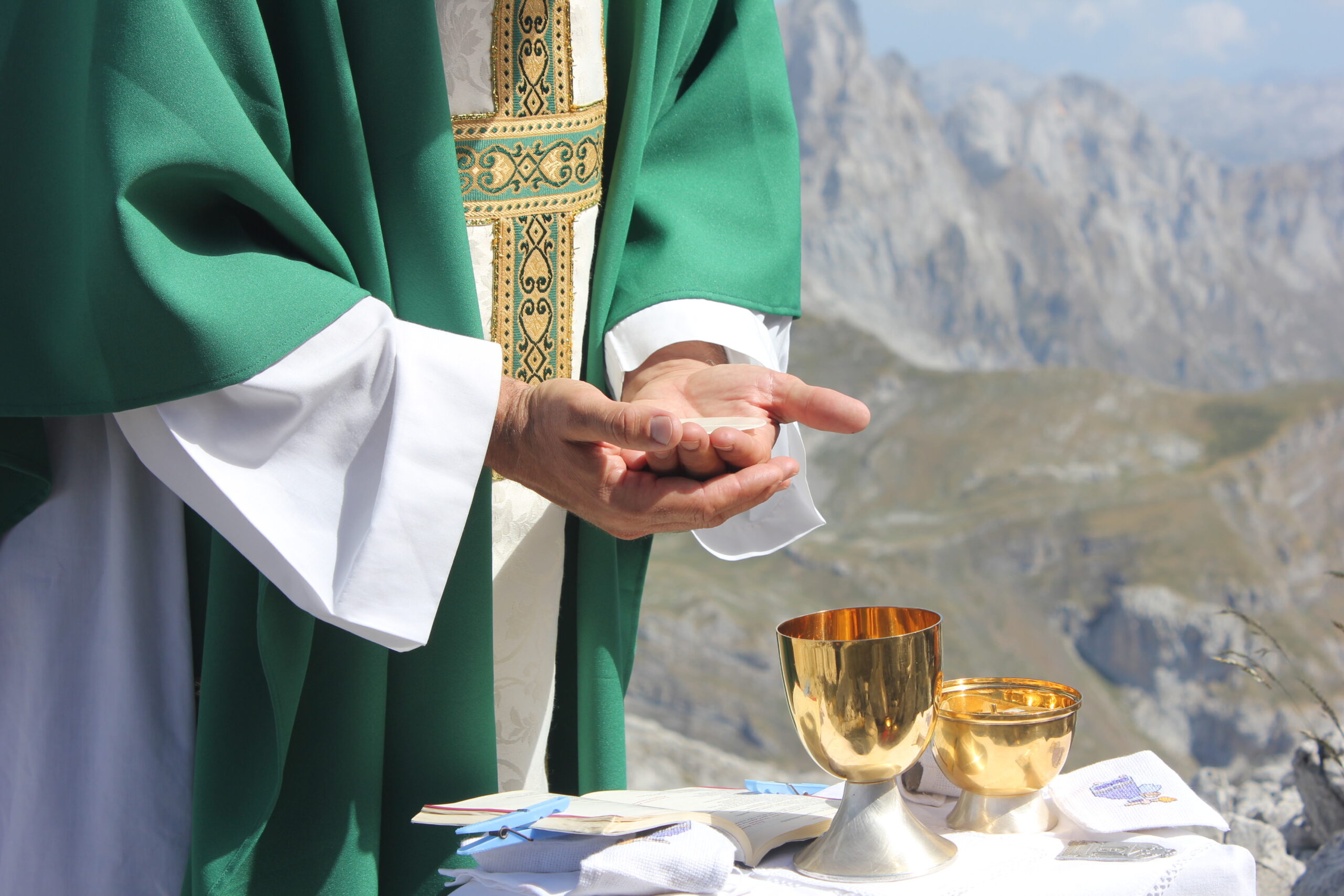
 Tommy Shultz is the Founder/Director of Rodzinka Ministry and a content specialist for Ruah Woods, a Theology of the Body Ministry. In these roles, he is committed to bringing all those he meets into a deeper relationship with Christ. Tommy has a heart and flair for inspiring people to live their faith every day. He has worked in various youth ministry, adult ministry, and diocesan roles. He has been a featured speaker at retreats and events across the country. With a degree in Theology from Franciscan University, Tommy hopes to use his knowledge to help all people understand the beauty of The Faith.
Tommy Shultz is the Founder/Director of Rodzinka Ministry and a content specialist for Ruah Woods, a Theology of the Body Ministry. In these roles, he is committed to bringing all those he meets into a deeper relationship with Christ. Tommy has a heart and flair for inspiring people to live their faith every day. He has worked in various youth ministry, adult ministry, and diocesan roles. He has been a featured speaker at retreats and events across the country. With a degree in Theology from Franciscan University, Tommy hopes to use his knowledge to help all people understand the beauty of The Faith.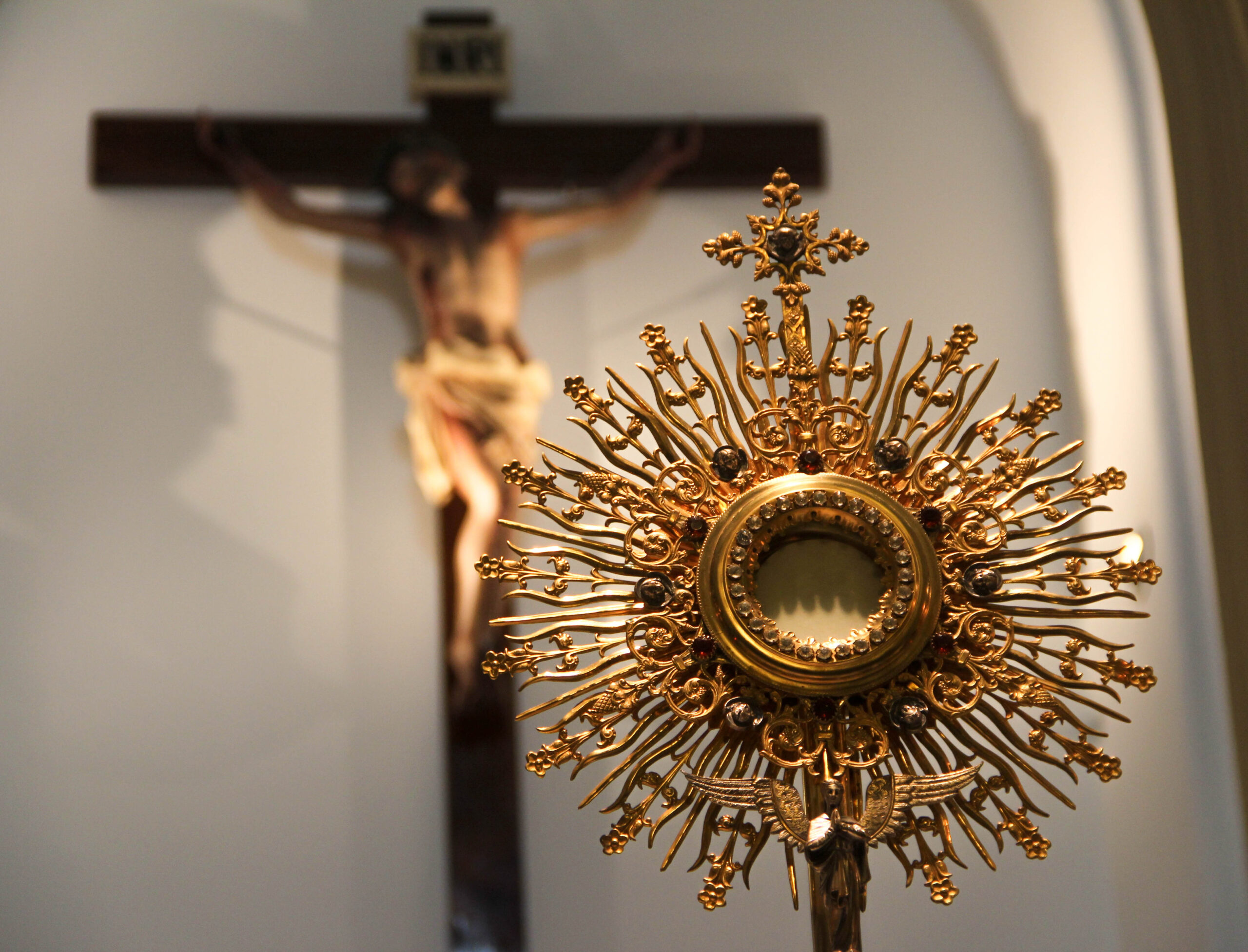
 David Dashiell is a freelance writer, editor, and proofreader based in the Pittsburgh, Pennsylvania area. His writing has been featured in Crisis Magazine and The Imaginative Conservative, and his editing is done for a variety of publishers, such as Sophia Institute and Scepter. He can be reached at
David Dashiell is a freelance writer, editor, and proofreader based in the Pittsburgh, Pennsylvania area. His writing has been featured in Crisis Magazine and The Imaginative Conservative, and his editing is done for a variety of publishers, such as Sophia Institute and Scepter. He can be reached at 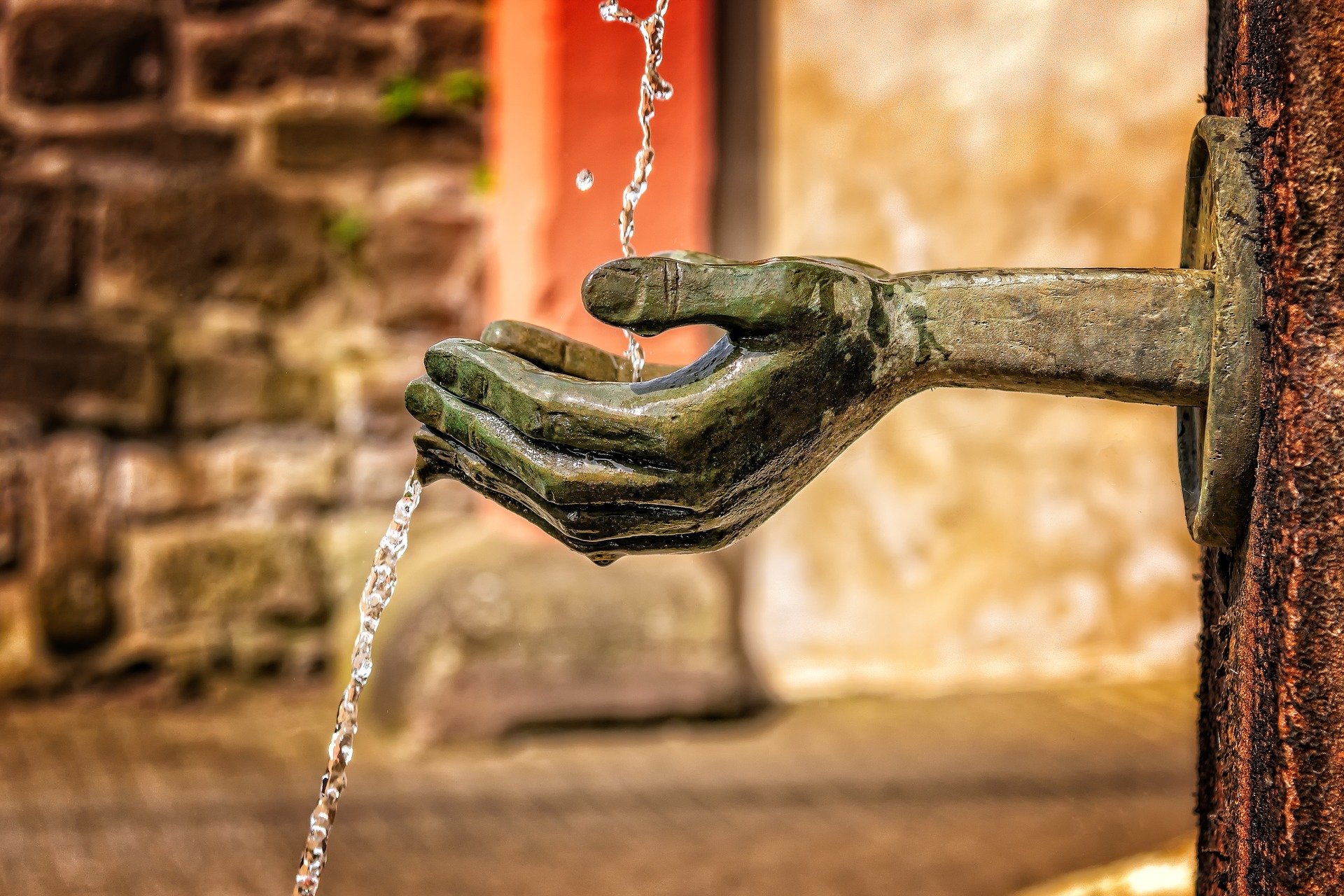
 Kathryn Mulderink, MA, is married to Robert, Station Manager for Holy Family Radio. Together they have seven children (including newly ordained Father Rob and seminarian Luke ;-), and two grandchildren. She is a Secular Discalced Carmelite and has published five books and many articles. Over the last 25 years, she has worked as a teacher, headmistress, catechist, Pastoral Associate, and DRE. Currently, she serves the Church as a writer and voice talent for Catholic Radio, by publishing and speaking, and by collaborating with the diocesan Office of Catechesis, various parishes, and other ministries to lead others to encounter Christ and engage their faith. Her website is
Kathryn Mulderink, MA, is married to Robert, Station Manager for Holy Family Radio. Together they have seven children (including newly ordained Father Rob and seminarian Luke ;-), and two grandchildren. She is a Secular Discalced Carmelite and has published five books and many articles. Over the last 25 years, she has worked as a teacher, headmistress, catechist, Pastoral Associate, and DRE. Currently, she serves the Church as a writer and voice talent for Catholic Radio, by publishing and speaking, and by collaborating with the diocesan Office of Catechesis, various parishes, and other ministries to lead others to encounter Christ and engage their faith. Her website is